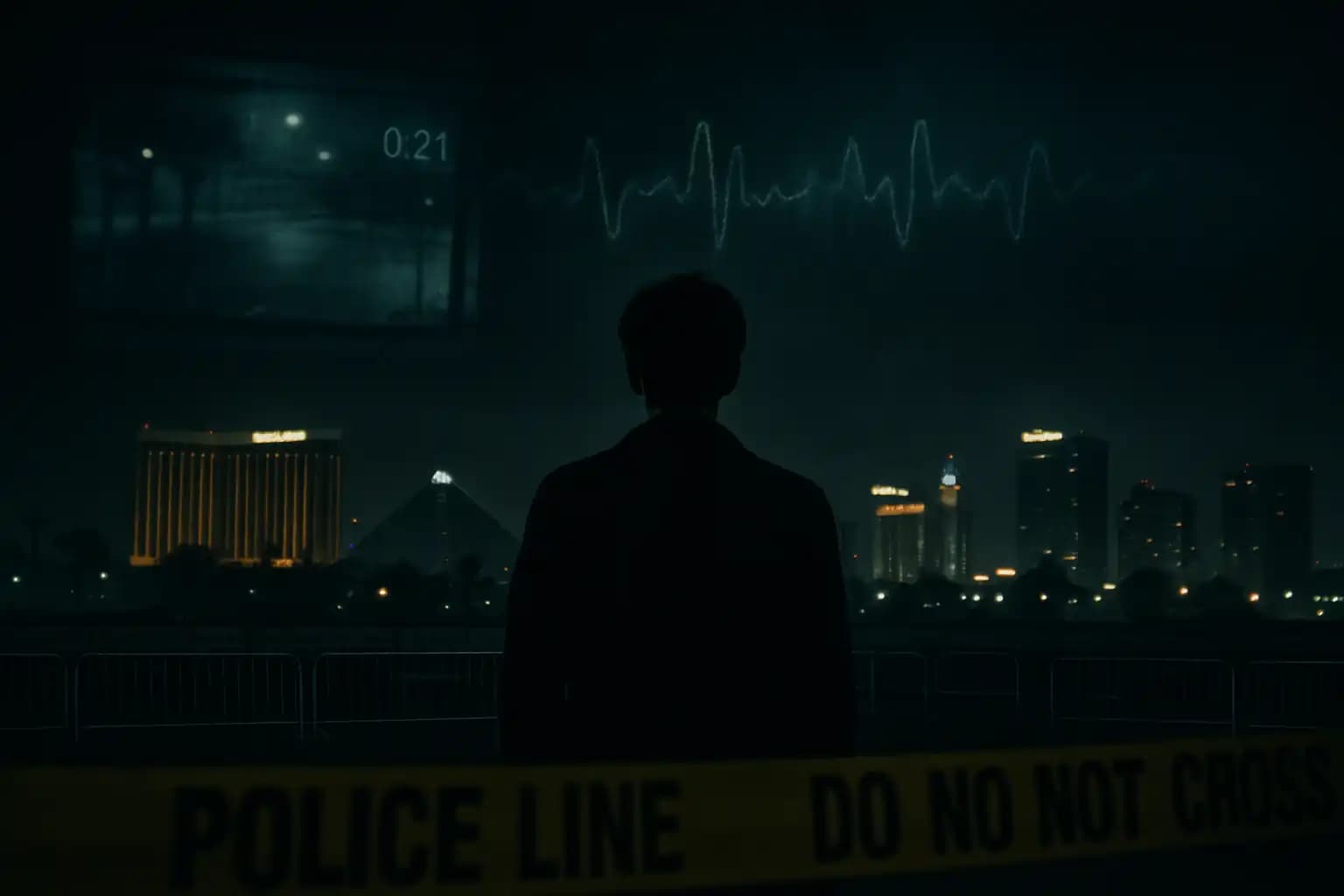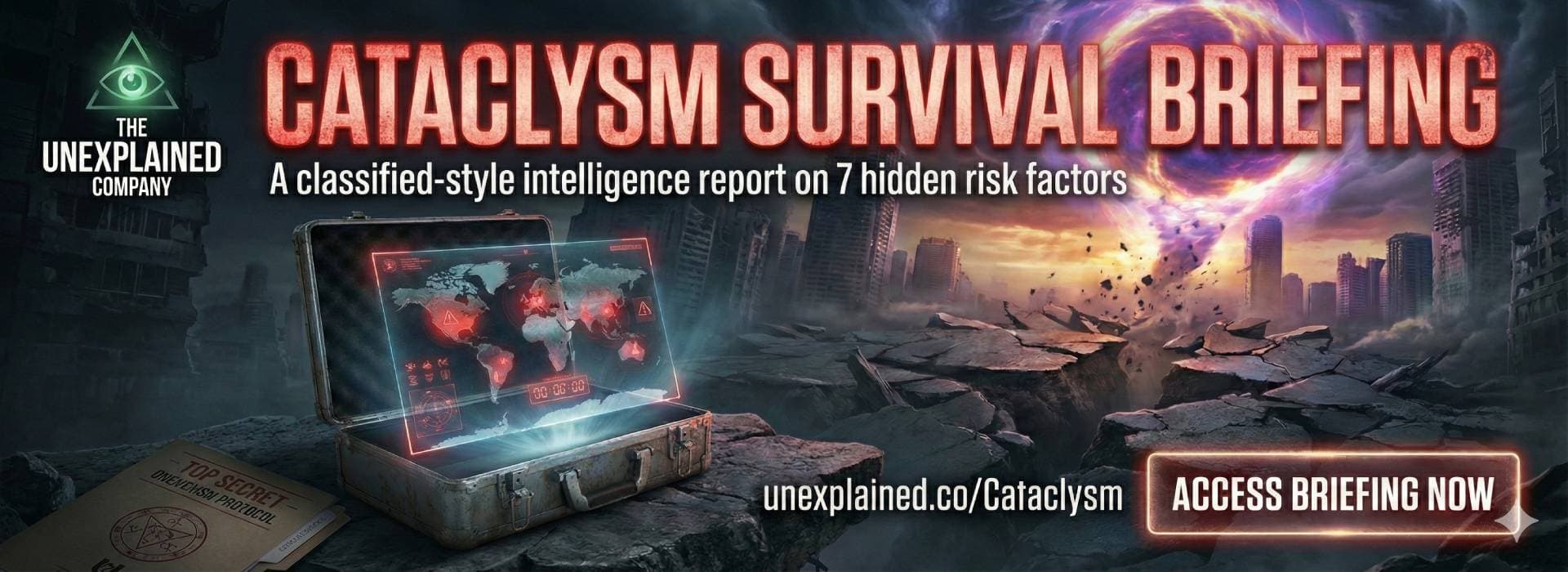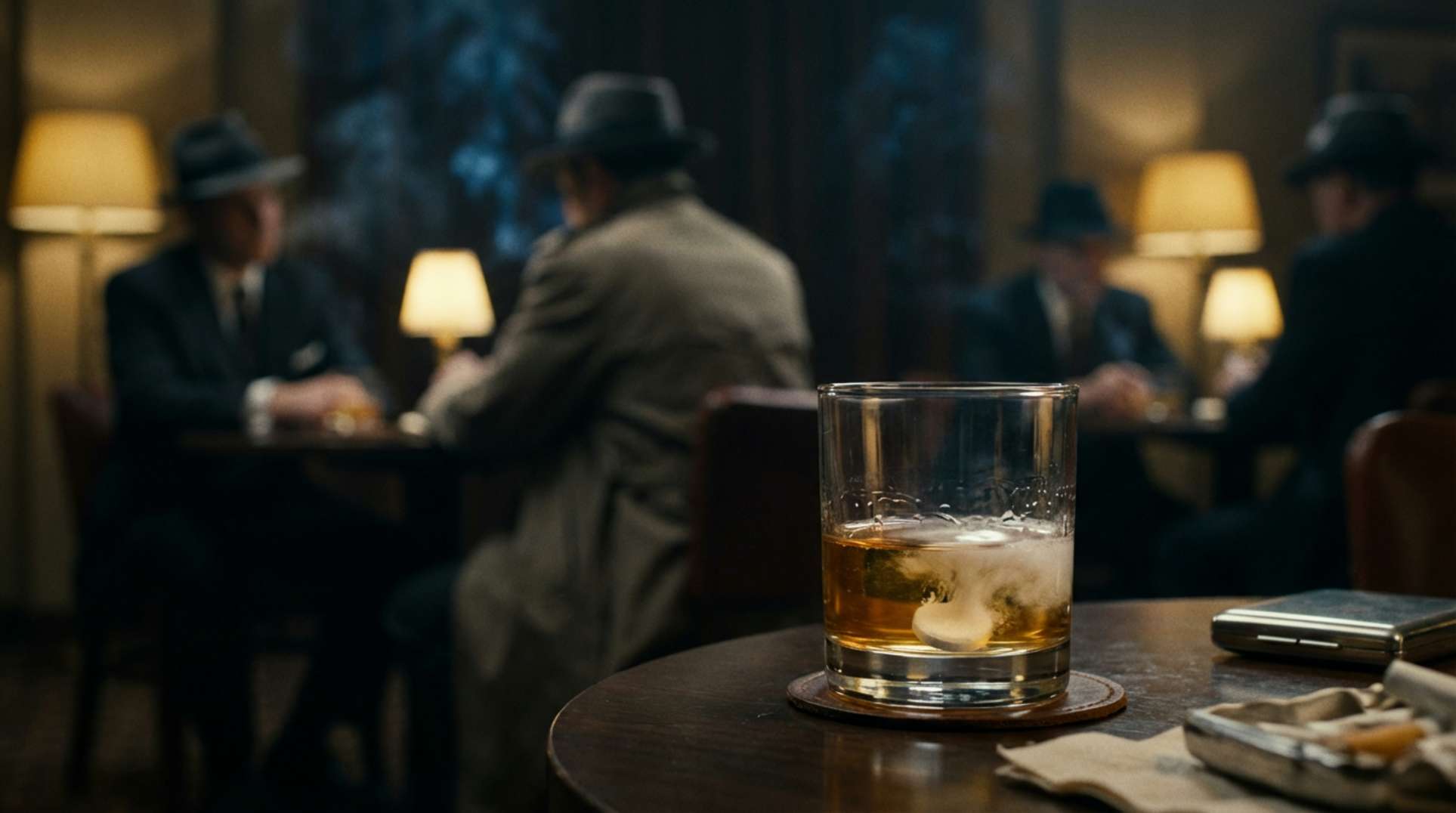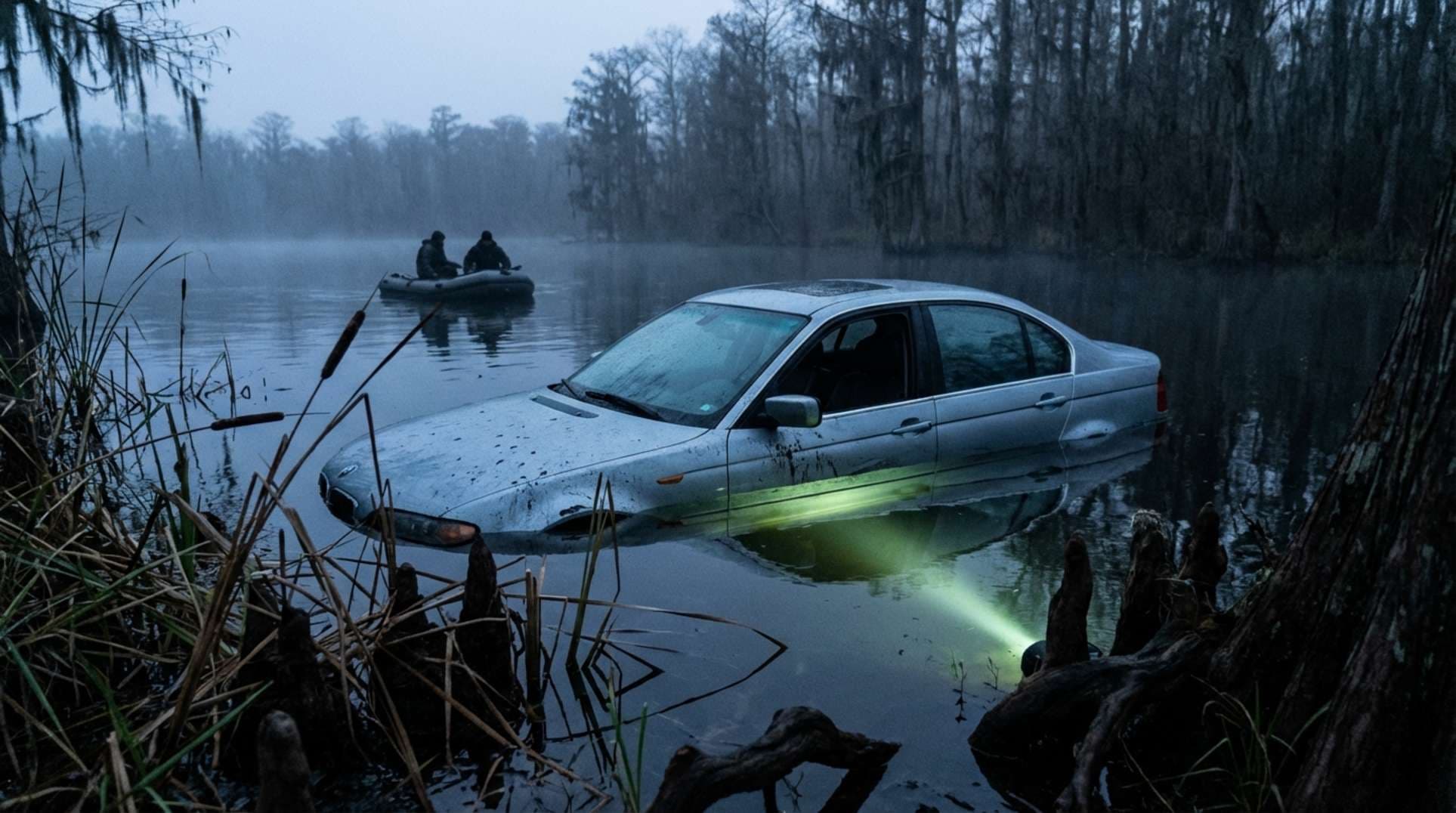In a city built on chance, the events of October 1, 2017, defied the odds. A lone gunman, Stephen Paddock, fired over a thousand rounds into the Route 91 Harvest music festival crowd, turning a night of music into the deadliest mass shooting by one individual in American history. Sixty people died; hundreds more were injured. For many, fear struck immediately. For others, like Jesse Welles, fear arrived later—not from gunfire, but from the unsettling gaps in the narrative that followed.
Jesse Welles’ account, typical among survivors haunted by the events, transcends the usual calculus of tragedy. The first shock comes from violence. The second, deeper shock arises from the uneasy realization that full understanding, or truth, remains forever elusive. The official account is cold, simple: Paddock, a wealthy and unremarkable retiree, calmly amassed a sniper’s arsenal in his Mandalay Bay suite and executed the attack before ending his own life. Motive: undetermined. Case closed? Not for many.
Conspiracy, Speculation, and the Nature of Modern Trauma
No sooner had the smoke cleared than the internet began to fill the blanks with various theories. According to Wikipedia’s archive of shooting conspiracies, amateur investigators and provocateurs instantly challenged the official timeline. Theories proliferated: multiple shooters, deep plots, government psy-ops—it felt as if an invisible hand dialed up the nation’s paranoia, playing off a cultural climate already steeped in suspicion. Mass trauma in America involves not just what happens but also our struggle to find meaning together afterwards.
This tendency appears in nearly every contemporary tragedy. Events like the deaths of hip-hop icons or theories about secret mega-bases showcase this mystery. The Vegas shooting quickly became fertile ground for persistent rumors, reflecting broader social anxieties in discussions about reality glitches and cover-ups.
Why Does the Vegas Shooting Still Haunt Us?
Part of the reason, as noted in analyses like this psychology-focused article, is that incomprehensible acts demand equally impossible explanations. With Paddock’s motives inscrutable, and the sheer scale of his actions defying easy comprehension, the mind rushes to fill the void. The social media landscape amplifies suspicion, creating a conspiracy ouroboros—growing as official documents are sealed or redacted.
Victims and survivors, like Jesse Welles, face a quieter trauma: the fallout from unanswered questions. What did Welles hear that terrified her more than the event itself? Sometimes it’s the dead air of government silence, the feeling that certain pieces don’t fit—a sentiment echoed in exposés about other high-profile cover-ups and “case closed” declarations in national tragedies.
The Role of the Official Story and Public Trust
Paddock’s life, as documented on Wikipedia, reveals a deeply isolated figure: a compulsive gambler, meticulous, devoid of warning signs for mass violence. He planned the attack over months, even researching other music festivals as potential targets. Yet his motives, connections, and final thoughts remain opaque. Authorities, after exhaustive investigation, claimed thoroughness. For many, this lack of closure does little to restore public trust.
From Las Vegas to the global arena—whether navigating superpower standoffs or preparing for worst-case scenarios—suspicion thrives in vacuums left by authority. Every “official story,” no matter how meticulously constructed, can feel unsatisfying to a public accustomed to leaks, whistleblowers, and the certainty that powers hide secrets just off-screen.
From Personal Fear to Collective Myth: The Aftermath of the Unexplained
What Jesse Welles and many others heard afterward wasn’t new gunfire but echoes of national unease—a chilling void where answers ought to reside. The Vegas massacre is not just a tragedy; it serves as a case study on how uncertainty can spread, and how the pursuit of a coherent narrative often takes on a life of its own. Surviving such an event involves not just dodging bullets—it means navigating the shadow world of rumor, doubt, and troubling knowledge that follows.
For those grappling with unspoken truths from Vegas—and everywhere else the truth still hides in plain sight—resources exist for the curious and concerned. Whether you pursue mysteries old or new with the fervor of a podcast junkie, a prepper, or a skeptic, bookmark Unexplained.co for a deeper exploration beyond the headlines and whisper networks. Ultimately, what haunts may not be the event itself but the chilling possibility of what we still cannot—or will not—know.





